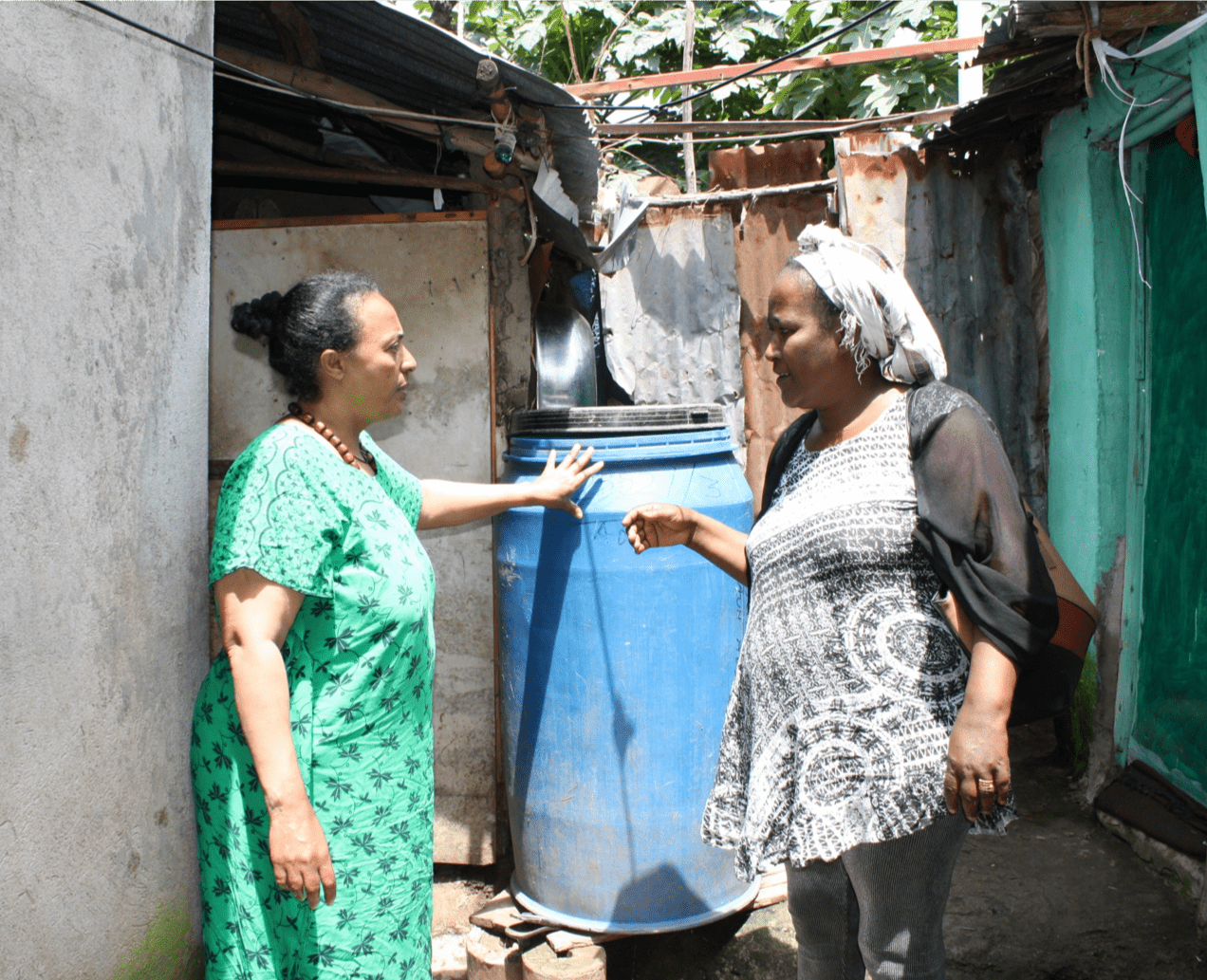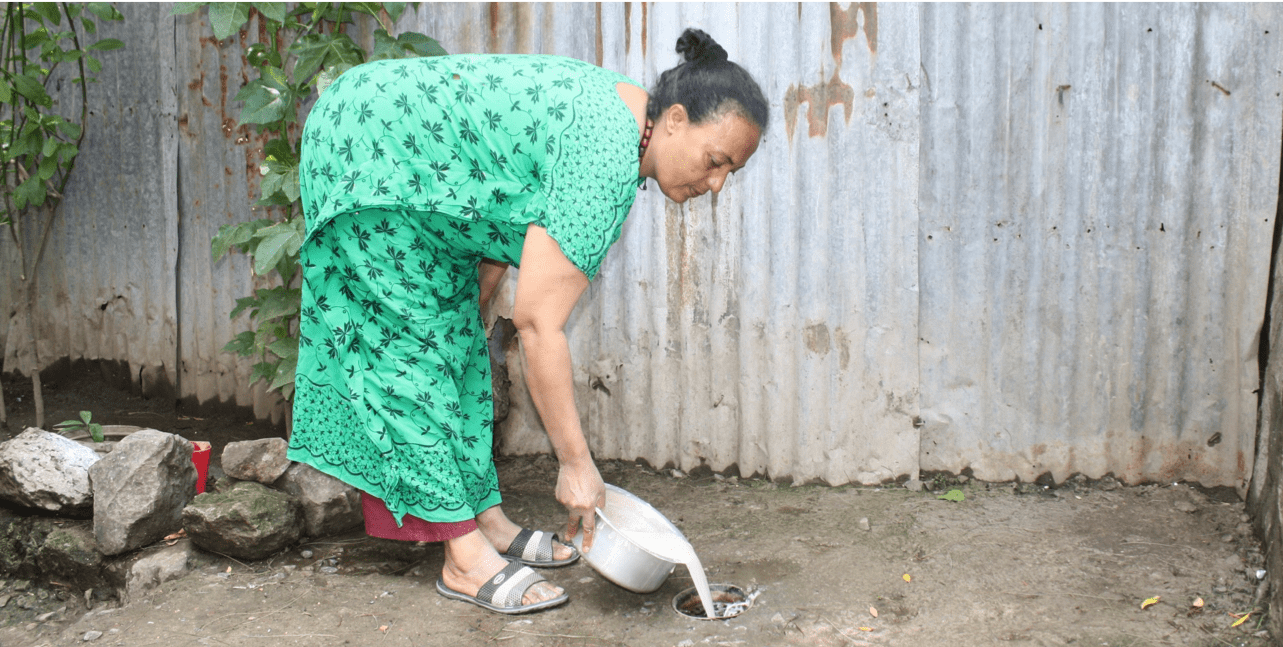This website uses cookies so that we can provide you with the best user experience possible. Cookie information is stored in your browser and performs functions such as recognizing you when you return to our website and helping our team to understand which sections of the website you find most interesting and useful.
Meseret Gezahegn, 41, is a mother of two. She lives in Adama Town, in the Oromia Region of Ethiopia with her two children and her husband. Meseret is HIV positive.
“My biggest dream in life is to help my children grow healthy.”
Meseret gave birth to her youngest child seven years ago. That is when Meseret found out she was HIV positive. Until very recently, most people in Ethiopia were not aware of how HIV can be transmitted and disclosing HIV status is still not common. People living with the virus face stigma and discrimination and may be alienated from social gatherings and activities. Meseret felt like she had no one to talk to when she was diagnosed with HIV. But she needed someone to help her make informed health care decisions for herself and her family, so she decided to welcome Kidist Amare, an urban health extension professional (UHE-p), into her house to discuss her health care needs.
Kidist Amare, a UHE-p supported by USAID’s Strengthening Ethiopia’s Urban Health Program, visits Meseret once a week to provide counseling and follow-up health care services.
Kidist provides health education and care services to around 550 households. She holds a BSc in nursing and joined the profession eight years ago because she likes supporting people. Though she wants to help people live healthier lives, it can be challenging to create awareness and convince people to change their lifestyles. Kidist recognizes that it can take time for people to accept her advice and make changes on their own terms. Until then, Kidist and her colleagues continue to knock on people’s doors every day until they are welcomed in like Meseret welcomed Kidist.
“Having Kidist [an urban health extension professional] visit me at my house weekly helps me to follow my ART properly and care for my family health better. She is my support system who I share my concerns with.”


In addition to learning how to manage her ART medication, household sanitation was one of Meseret’s primary concerns. Her household didn’t have a pit for liquid waste removal and the toilet had no handwashing facility, exposing her and her family to a number of health risks. She couldn’t afford to construct a proper toilet and liquid removal facilities so Kidist educated Meseret on a way to create a budget-friendly waste management system. Kidist helped Meseret construct a pit using simple and affordable materials in her compound and improve her latrine.
“I always assumed constructing the pit and toilet require me a lot of money. But with the simple option that Kidist introduced to us, my neighbor and I constructed the sanitation facilities with minimum budget using existing resources.”
Now Meseret feels more confident in her own future and a healthy future for her children, knowing she can count on Kidist and other UHE-ps in her community for reliable health care services and support.
About Strengthening Ethiopia’s Urban Health Program
With funding provided by the U.S. Agency for International Development, JSI launched Strengthening Ethiopia’s Urban Health Program (SEUHP) in 2013 to promote urban health leadership and to provide capacity building support in 49 cities and towns across seven regions in Ethiopia. From 2013-2019, SEUHP worked to promote better access to health care and improved health outcomes for more than 1.6 million urban households in Ethiopia.
As one of the Government of Ethiopia’s leading health partners, SEUHP focused its support on working with the government to build a responsive and resilient health system capable of meeting the changing needs of urban Ethiopians. Over the life of the project, SEUHP collaborated with the Federal Ministry of Health to build the capacity of more than 2,300 urban health extension professionals to provide quality health care services.

